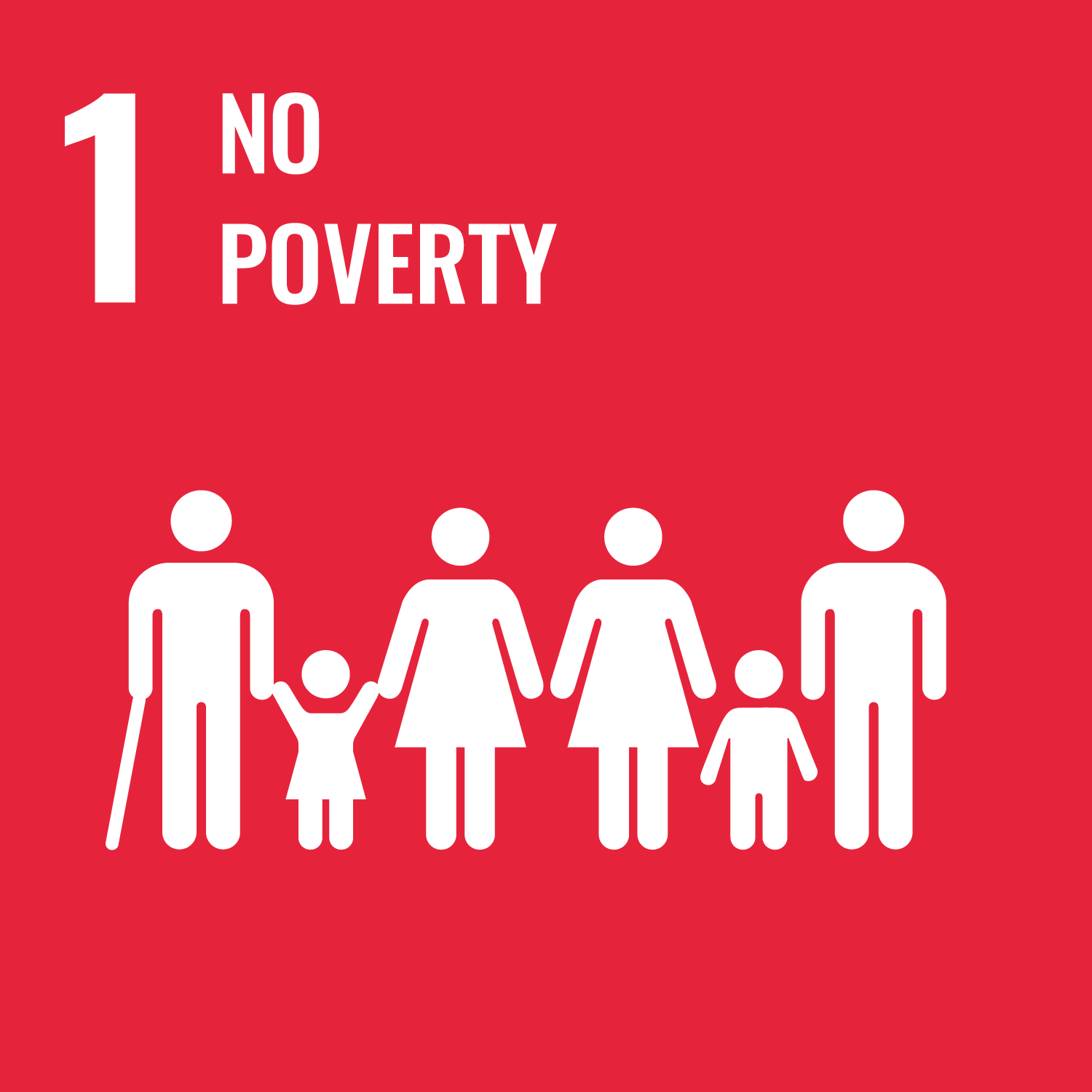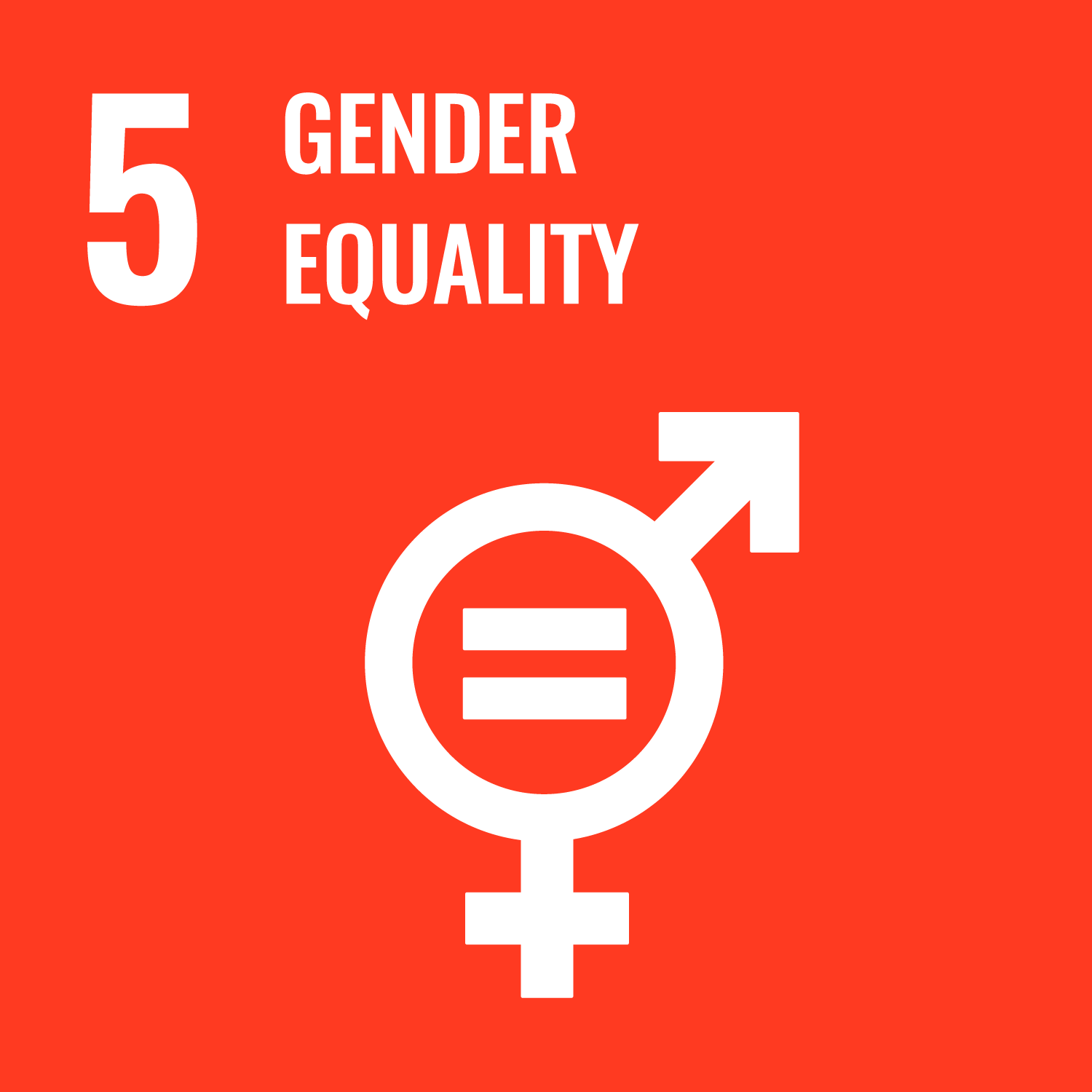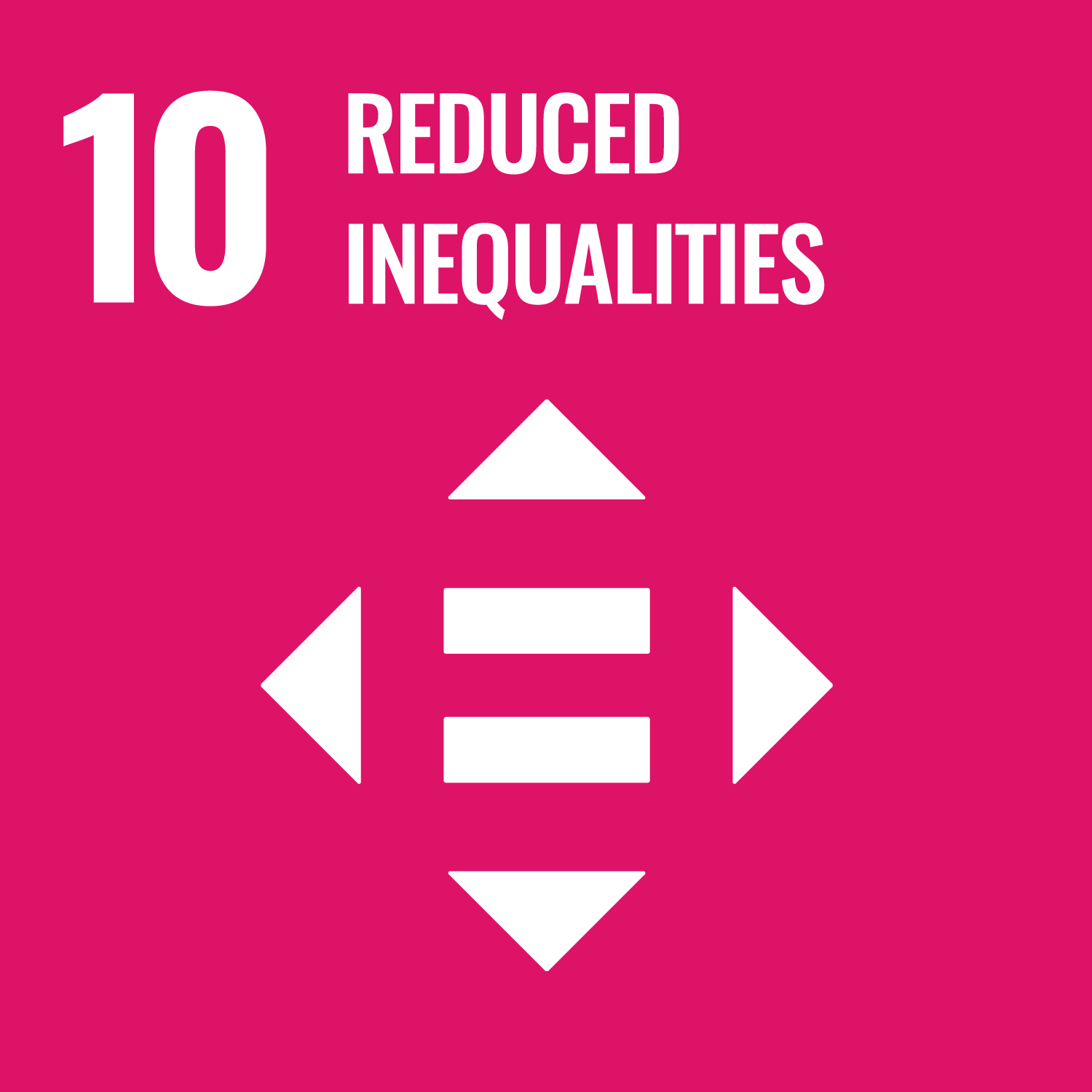Poverty alleviation for women in Bangladesh
Aligned SDGs



- Poverty alleviation for women in Bangladesh
- General overview
- Intervention
- Target population
- Location
- Outcome metrics
- Last data update
- Spreadsheet of data
- Poverty alleviation for women in Bangladesh
- General overview
- Intervention
- Target population
- Location
- Outcome metrics
- Last data update
- Spreadsheet of data
General overview
Stage of development: Scoping
Policy sectors: Social protection
Type of instrument: Impact Bond / Outcomes Fund
Delivery locations: Bangladesh
Country classification: Lower-middle-income
Expected launch date: Q2 - 2023
Max potential outcome payment: USD 25m
Intervention
Social or environmental challenge
An additional 24 million Bangladeshis are living in poverty as a result of the COVID-19 pandemic. Communities in remote areas, socially excluded women, disabled, and indigenous people were most impacted. Millions of Bangladeshis lack the ability to provide a sustainable livelihood for their families and do not have access to sufficient food, income, health care and education services. Additionally, they lack the skills, networks and resources to engage productively in the economy.
Description of the intervention
BRAC will be using its evidence-based, multifaceted Graduation model providing a two-year intervention --cash, asset transfer, training, mentoring, linkages to markets to underserved women. This would result in an additional: 1) 50,000 women-headed families permanently above the poverty line 2) Increased participation by women in household decision making 3) Increased productive assets and savings for the poorest Bangladeshis.
Target population
Rural women-led households earning less than $1.90/day.
Location
Country:
- Bangladesh
Locality:
- Bangladesh
Outcome metrics
- Average total savings per business savings group, average increase in household savings, average increase in annual household consumption and expenditure, average increase in daily meal consumption, average increase in weekly animal protein consumption.
Last data update
Data for this pipeline project was last updated in April 2022
You might have noticed that some pipeline projects have more data than others. This is because organisations can share as much data as they want with the INDIGO initiative. If you have more data on one of these pipeline projects and would like to share with us, please get in touch at indigo@bsg.ox.ac.uk. Our full list of variables and data definitions can be found here.
Spreadsheet of data
Important Notice and Disclaimer on INDIGO Data
INDIGO data are shared for research and policy analysis purposes. INDIGO data can be used to support a range of insights, for example, to understand the social outcomes that projects aim to improve, the network of organisations across projects, trends, scales, timelines and summary information. The collaborative system by which we collect, process, and share data is designed to advance data-sharing norms, harmonise data definitions and improve data use. These data are NOT shared for auditing, investment, or legal purposes. Please independently verify any data that you might use in decision making. We provide no guarantees or assurances as to the quality of these data. Data may be inaccurate, incomplete, inconsistent, and/or not current for various reasons: INDIGO is a collaborative and iterative initiative that mostly relies on projects all over the world volunteering to share their data. We have a system for processing information and try to attribute data to named sources, but we do not audit, cross-check, or verify all information provided to us. It takes time and resources to share data, which may not have been included in a project’s budget. Many of the projects are ongoing and timely updates may not be available. Different people may have different interpretations of data items and definitions. Even when data are high quality, interpretation or generalisation to different contexts may not be possible and/or requires additional information and/or expertise. Help us improve our data quality: email us at indigo@bsg.ox.ac.uk if you have data on new projects, changes or performance updates on current projects, clarifications or corrections on our data, and/or confidentiality or sensitivity notices. Please also give input via the INDIGO Data Definitions Improvement Tool and INDIGO Feedback Questionnaire.